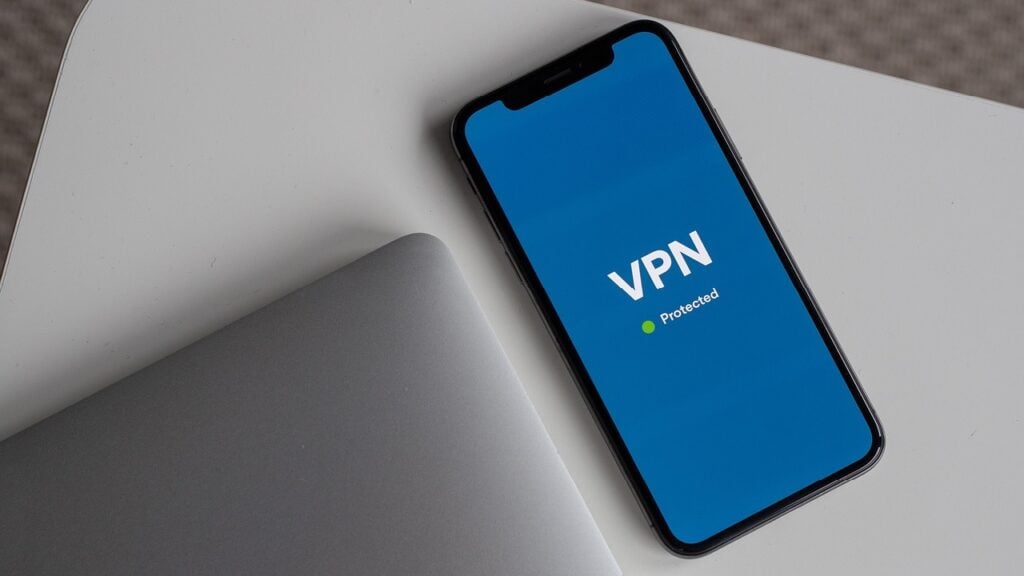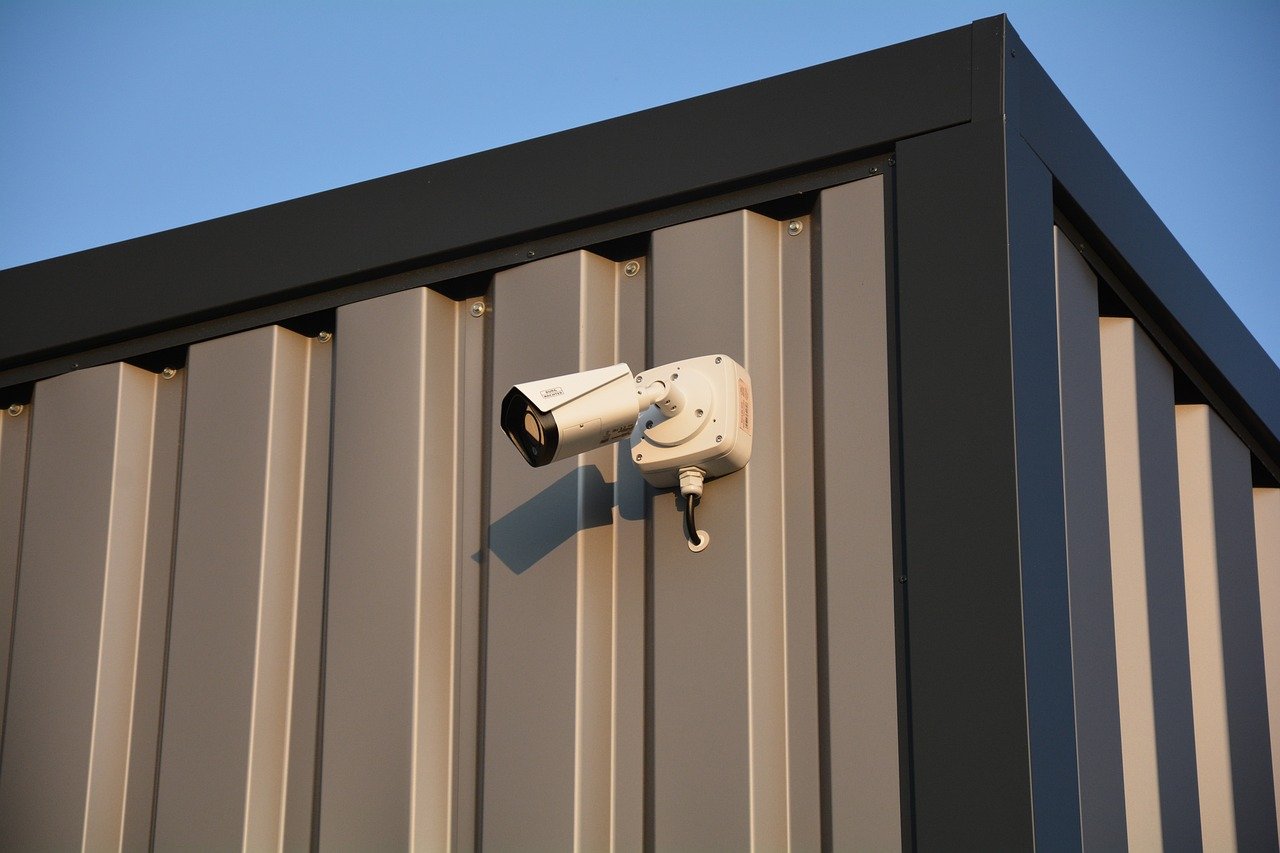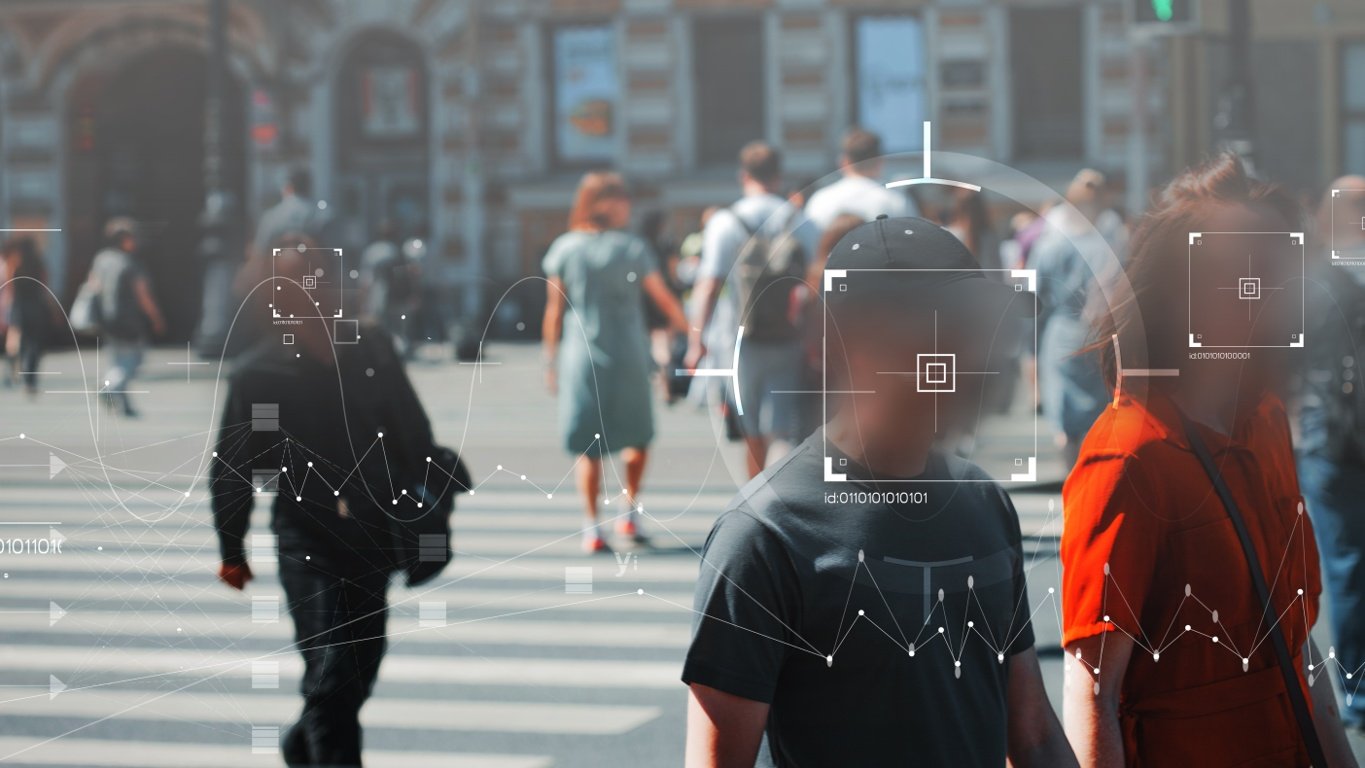Apple has been making many changes to its operating systems to offer more privacy to its users. Be it the ability to restrict third parties from tracking user movement in apps or visual cues for applications accessing device hardware. Apple has been working towards providing users privacy in the age of online tracking.
During its WWDC event in June, Apple announced yet another feature that provides privacy to users. This feature was released under the iCloud plus umbrella and was designed to protect user’s privacy while browsing the Internet. The private browsing feature was named private relay by Apple, and to the uninitiated, it looked like a VPN.
The iCloud plus services will be made available to users along with the release of iOS 15, macOS Monterey and iPadOS 15 and all users having a paid iCloud subscription will be updated to the new iCloud services. The new services will offer all the older features and bring new features like private relay, hide my email and homekit secure video. These services will not be available in countries like China, Saudi Arabia, South Africa, Turkmenistan, Colombia, Egypt, Kazakhstan, Belarus, Uganda, and the Philippines due to regulatory reasons.
So what exactly is the iCloud private relay? Is it a VPN disguised under Apple’s marketing jargon? Or is it something different altogether? In this article, we will try to answer all these questions to help users make an informed decision about using Apple’s paid iCloud services.
The advantages of the iCloud private relay can only be used while using the Safari browser and some apps can use this privacy feauture if the developer enables the same.
Also read: How to use Cred coins? How to redeem coins?
How does iCloud relay work?
Every time you visit a website for the first time, your browser sends a request to your ISP to help find the website by performing DNS resolution. As soon as the ISP receives your request, it captures information about your IP address and the website you want to visit. After that, the ISP sends the IP address of the website you are looking for, and your browser sends a request to the website.
On receiving the request, the website captures your IP address, cookie data, and other information based on the user’s permissions or the website’s design. This collected information is used to understand user preferences and send targeted advertisements to users.
Apple uses a two-hop mechanism that prevents your ISP and the website you are visiting from tracking you over the Internet to solve this problem.
When you are using the private relay to browse the Internet, all your requests are sent to Apple servers, and your ISP has no information about the websites you visit. These requests sent to Apple servers are encrypted, and Apple can only look at the IP address of the request.

Thereafter, the request is sent to a third party, and Apple changes the IP address linked to the request based on user preference. This prevents the third party from knowing your true IP address. The third party then decrypts the request and routes it to the website users are looking for.
Apple lets users select an IP address, but it is not like a VPN where you can select a different geolocation. In the case of Apples’ private relay, you can mask your IP address using two settings, namely maintain general location and use country and time zone. In the former the third party servers will get the information of the country you are browsing from. Whereas in the maintain general location feature, will give an aproximate information about the user and will help pages diliver weather and loacal news information
On receiving the request, the website sends the data back, and the same chain of events occur to make data available to the user.
This two-hop architecture prevents any one entity from getting all the user information. Apple has the user’s IP address but has no information about where the request must be routed. On the other hand, the third party has information about the website but has an anonymized IP address.
To ensure the privacy of users, Apple has classified the information regarding the third parties which are responsible for transferring data to websites from Apple servers
Also read: How to answer iPhone calls on other Apple devices?
Why do you need a private relay?
We live in the digital era, and companies all around the globe want to understand what makes us tick to sell products through targeted advertisements. To make this happen, advertisement companies profile users based on their location, IP address, browsing history and cookie data to send them targeted advertisements.
This tracking of user movement over the Internet has raised a lot of eyebrows, and it is because a lot of browsers have stopped using third-party cookies. Safari was the first mainstream browser to block third party cookies as it compromised user privacy over the Internet.

Even though browsers like Safari and Firefox tried to protect user privacy by blocking third-party cookies, advertisement companies came up with concepts like browser fingerprinting to send targeted advertisements to users and track them over the Internet. To solve this problem, many Internet users started using VPNs to protect their privacy on the Internet, but this too has its caveats. The biggest one being the following:
When users use a VPN, they route all their Internet traffic through a third party(VPN provider), and the credibility of this entity is always questionable. Although VPN providers claim they keep no logs of user activity, there have been multiple cases of user activity logged by VPNs.
The main motive behind Apples’ private relay is to solve the aforementioned problems and provide more privacy to Apple users when they browse the Internet.
Also read: How to backup Whatsapp on iPhone?
Is iCloud relay a VPN?
Like a VPN, the iCloud relay tries to provide privacy to users when they browse the Internet, but unlike a VPN, the relay architecture does not let users select geolocation of their choice. This prevents users from unlocking geo-locked content on the Internet.

Moreover, the relay uses a two-hop architecture making the system more privacy centred. That said, using Apples’ private relay will transfer all user data through Apple servers and having the IP information of so many users can cause a privacy vulnerability.
Also, traffic leaving the Safari browser is protected by the privacy relay, and traffic from other browsers cannot use the privacy provided by the relay. So in a way, Apple wants its users to use the Safari browser, making people more incorporated into the Apple ecosystem.
Also read: How to download photos from iCloud?
Should you upgrade to a paid subscription on iCloud?
If you are tightly integrated into the Apple ecosystem, you know that 5GB of iCloud storage is not enough for all your data, and you probably have a paid subscription to their cloud services. However, if that is not the case and you have recently moved to the Apple ecosystem, you can consider upgrading to Apple cloud services as it offers a good package of storage and privacy.
Also read: How to buy storage on iPhone?






